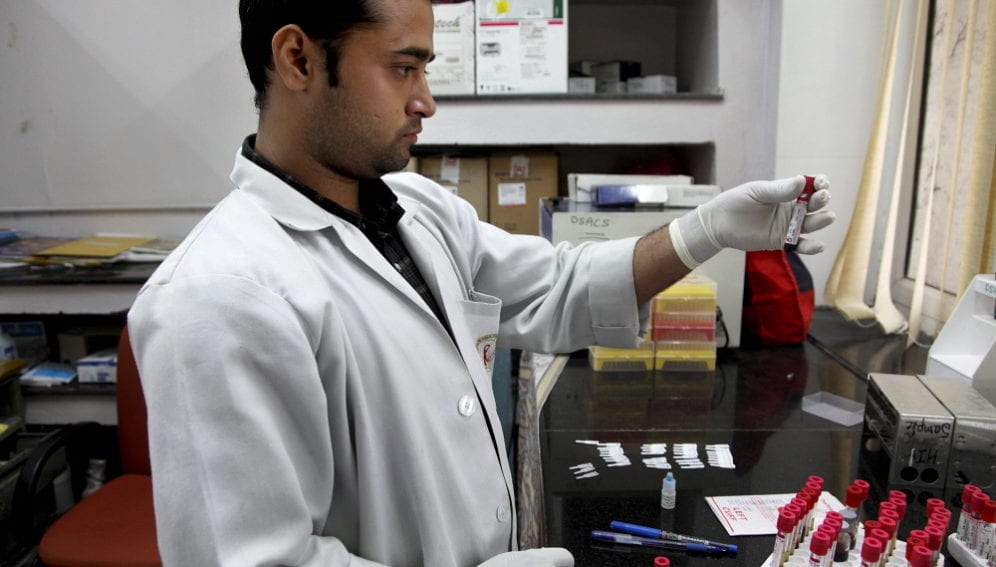By: Jan Piotrowski
Send to a friend
The details you provide on this page will not be used to send unsolicited email, and will not be sold to a 3rd party. See privacy policy.
Every three years academics from all walks of development research gather for a meeting of the European Association of Development Research and Training Institutes (EADI). Last week, researchers from predominantly European institutions once again came together to discuss the role of the middle class in driving development.
Cast a stone in any direction during this conference and you would be sure to hit someone who would extol the importance of North-South research partnerships based on ‘shared ownership and equal responsibility’. Not surprising perhaps as this idea is hardly new; one speaker noted it is a debate that has been going on for 30 years or more.
But despite the long-running discussion, little tangible progress seems to have been made, with developing nations’ researchers still destined to play second fiddle. Whatever cause you attribute to this impasse — rigid funding rules, crossed cultural wires, power dynamics — it is clear that the Northern institutions have been unable or unwilling to make the necessary changes.
“With this explosion, more and more developing world researchers have the opportunity for collaborations with like-minded players with similar interests and objectives.”
Jan Piotrowski
Developing world institutions and academics, however, should not dismay.
China is now responsible for one in every ten research papers published worldwide, and other countries such as India and Brazil take smaller but not insignificant slices of the pie. Turkey spends more on science than most Scandinavian countries. Iran quadrupled its academic output in the 12 years to 2008.
With this explosion, more and more developing world researchers have the opportunity for collaborations with like-minded players with similar interests and objectives. It is here that low-income countries should focus their efforts — fostering South-South networks that go beyond the closed circles of elite Northern institutions.
This reality has not gone unnoticed in the developed world.
Certainly the overwhelming sentiment of European researchers present during discussions last week was a desire to have a greater impact on development, but this was accompanied by a faint undercurrent of concern about being left behind. The fear of losing relevance may be what is needed to catalyse a change in how the global North interacts with its partners.
So far the carrot has done little to motivate them to change. The stick may yet succeed.














